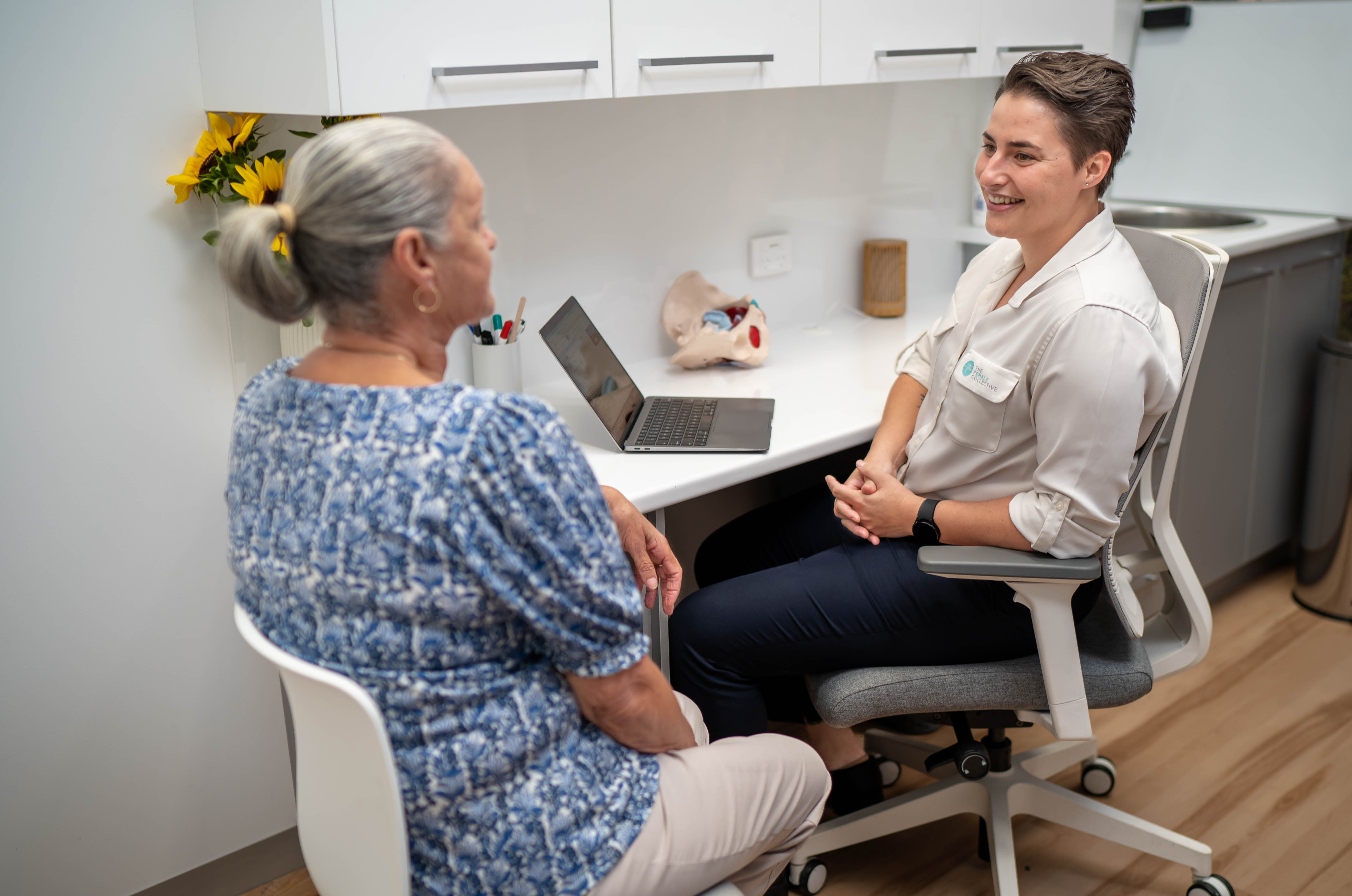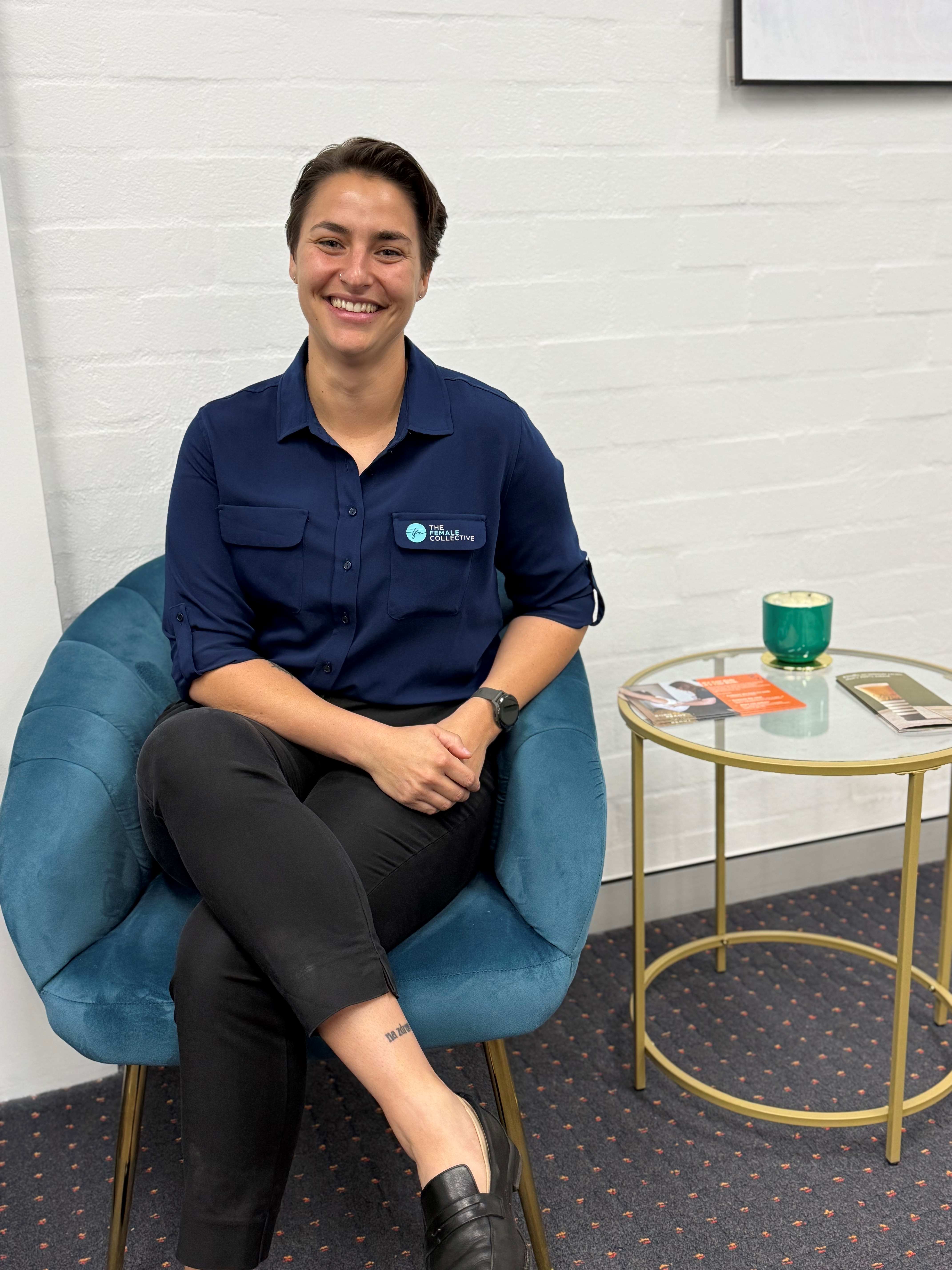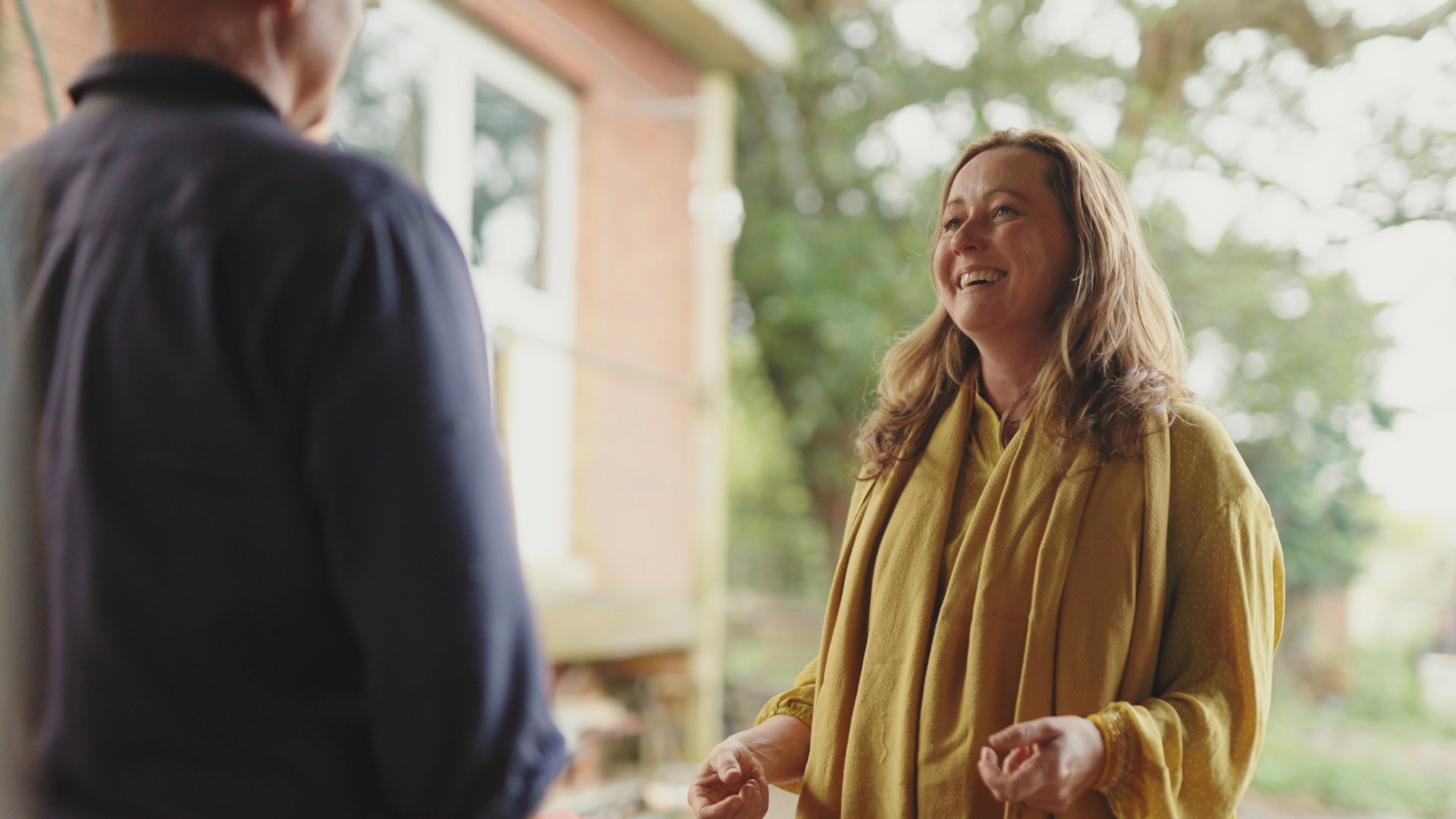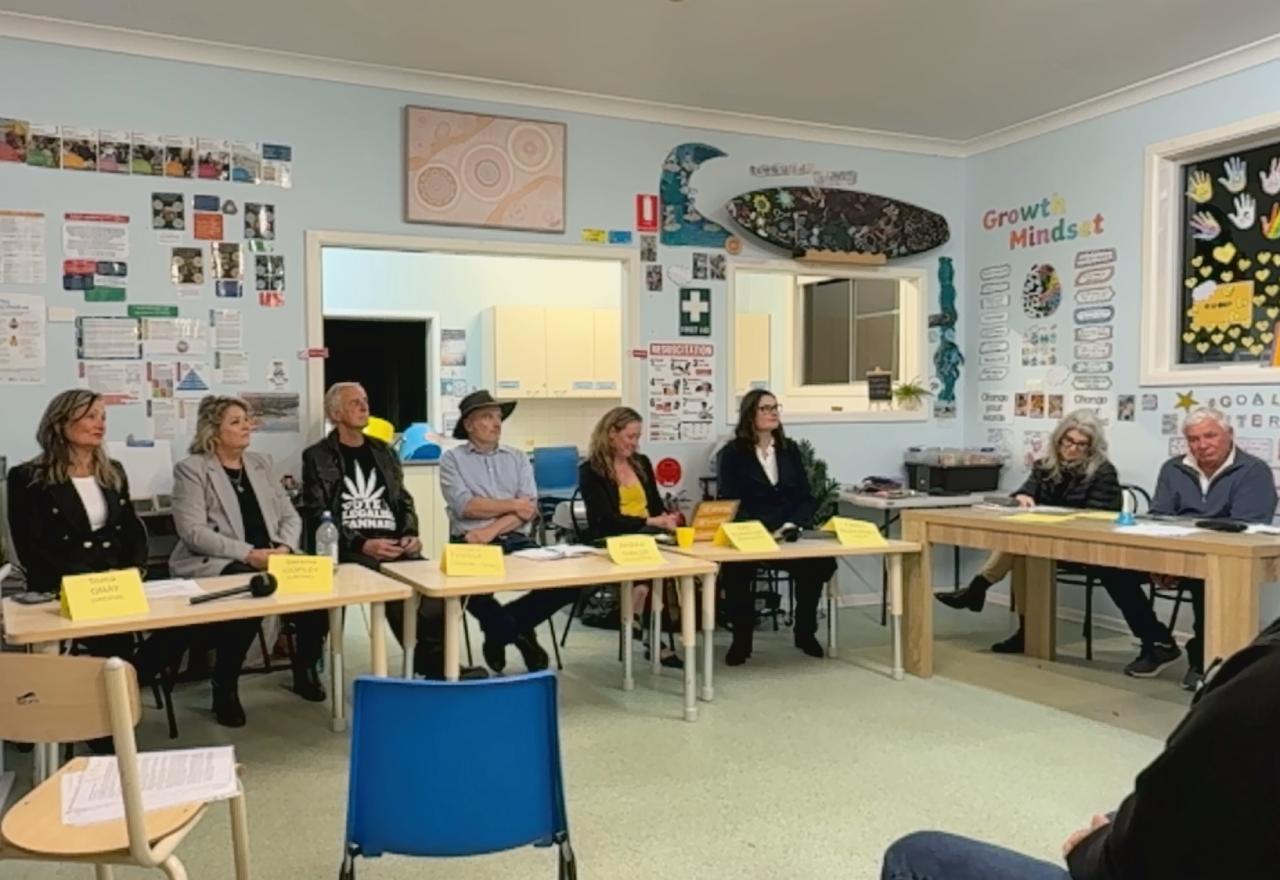The Female Collective’s holistic approach to women's health
Danielle Woolage
06 September 2025, 8:00 AM

It’s Women’s Health Week and this year’s theme is ‘Say yes to you’, a clarion call for females to focus on their own care.
All too often women’s health takes a back seat to the needs of others, or worse, when women do seek help, their concerns are dismissed.
Research has found historically, women’s pain is underestimated by some healthcare professionals due to unconscious bias; a long-held belief that women exaggerate their pain or are being overly emotional.
But a South Coast physiotherapy clinic providing female-specific care is putting women’s health at the forefront of its practice.
The Female Collective, a business arm of Kiama’s South Coast Health Hub, has clinics in Wollongong and Nowra, and provides treatment and management for a range of women’s health conditions, including urinary incontinence, bladder and bowel dysfunction, pelvic pain, menopause, pregnancy and post-partum rehabilitation.
Physiotherapist Jess Stoll saw the need for The Female Collective after recognising that treatment for women should “focus on the whole person, not just the individual problem”.
She wanted to create a safe, welcoming space for females “that feels homely, not clinical” and gives a voice to women about topics that are classically taboo.
“We treat women diagnosed with endometriosis or who have pelvic pain,” she says. “We see women that might have a bit of bladder leakage with exercise, women with prolapse or bowel issues.
“We see pregnant women preparing for a birth and women in the postpartum period to help with their recovery. And we see women going through menopause and post-menopause. Basically we help treat the whole spectrum of female health across a lifespan of issues.”

Jess from The Women's Health Collective.
Jess is one of the Collective’s four female physiotherapists who have completed extra study and training specific to female health, making them experts in pelvic treatment and care.
Jess says The Female Collective “gives women a voice” about a field of health not talked about enough, often due to treatment being viewed through a male medical lens.
This has led to a gender pain gap where women's suffering is more likely to be ignored, dismissed, or downplayed by healthcare professionals compared to men's.
“One of the biggest barriers in treating women has been a male-based medical system where women’s concerns are dismissed,” says Jess.
“But every woman has a story and we listen to the whole story. Our first consults are an hour long because we take the time to listen so women feel validated and are empowered to take control of their health.
“Talking about pelvic and reproductive health is actually pivotal for women’s well-being. It’s linked with so many other things - a woman’s confidence, their ability to exercise and we know how important that is for long-term health. Every woman deserves to be heard, understood and provided with proper health care.”
Women have long-been subjected to gender bias in health care, a phenomenon dating back to the now defunct hysteria diagnosis where medical professionals (male) attributed women's health problems to their reproductive organs and dismissed their symptoms as irrational emotional responses.
After more than a decade fighting for answers, wildlife warrior Bindi Irwin has publicly shared her battle to get an endometriosis diagnosis.
She recently told the ABC that she felt "utterly ashamed" of her pain as her endometriosis symptoms were constantly dismissed.
Now the 27-year-old is urging women not to accept pelvic pain as normal and is using her voice to reduce the stigma around discussing women’s reproductive health.
Jess says that for too long women have been told to push through pain, that it is just part of being a woman.
“But it isn’t,” she says.
The gender pain gap, coupled with a lack of female-specific medical research (the majority of participants in clinical trials are men), leads to delayed diagnosis and less effective treatment for women.
But more and more women are speaking openly about their health battles and seeking help from women-led health services.
Kimberley Smith, a former NSW Swifts netballer and Australia Diamonds squad member, recalls “leaking urine at the end of a very hard training session” which she put down to a hard workout.
Statistically speaking at least two of her teammates would have the same issue, with 1 in 3 women who have had a baby experiencing bladder leakage. But the topic was never discussed.
“In the sporting world we received so much information on nutrition, exercise and training, but the pelvic floor was never mentioned. I would love to see that change,” says Kimberley.
After a long labour and giving birth to a large baby, Kimberley knew something was wrong with her pelvic floor and returned to hospital a week after the birth.
But she was told everything looked normal. It was only after seeking a second opinion that she discovered her bladder had prolapsed.
A women’s health physiotherapist supported her recovery with pelvic floor muscle retraining and exercise.
“Often women are told to just do your pelvic floor muscle exercises” says Kimberley. “But incontinence requires a much more intricate approach when our stories and experiences are so unique.”
As more health care services like The Female Collective shine a spotlight on targeted and tailored gender-specific care, women can make discussing, treating and managing their health a priority.
NEWS




